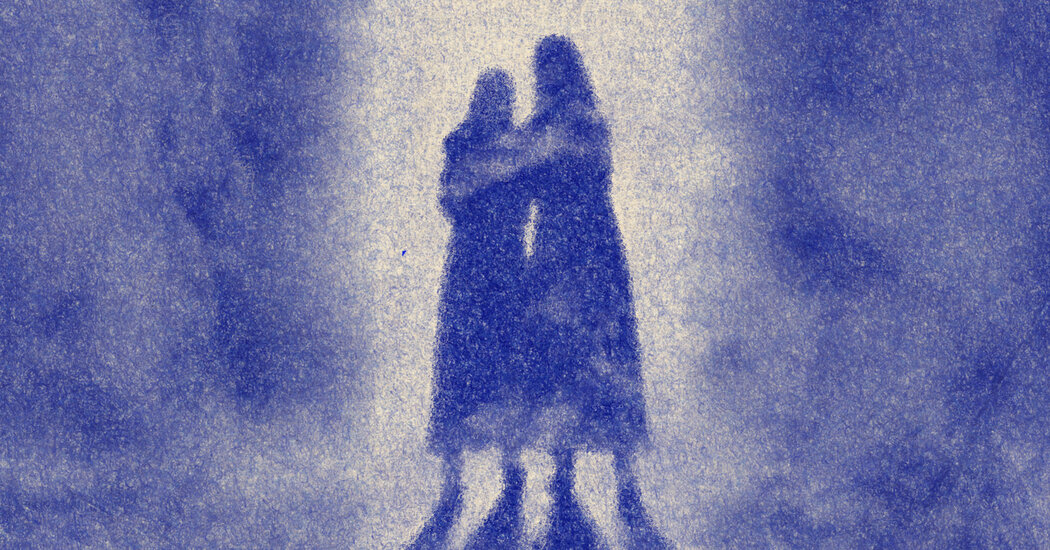
When I was 22 years old, I went into a smoke-filled house and persuaded a girl to leave with me. I wanted to save her from pointless bravery; I’d begun to learn what that cost.
My husband was old enough to be my father. When we met, Jack was a professor of philosophy at the college I attended. A charismatic presence on campus with an ardent following, he was tall and trim, black-haired and beautifully tailored. A friend who had a crush on him invited him to a party. Jack turned the evening into a live Socratic dialogue on the nature of love. We sparred, each of us intrigued by the other.
After weeks of chatting in his office, and then meeting for coffee, and then taking long walks, our romance began. I’d just turned 18. He was 43.
In the 1970s, it wasn’t uncommon for male faculty members to have affairs with female students. No one ever got fired or sued; cancellation hadn’t been invented. Jack was in the middle of a combative divorce that was underway before we met, so we kept our relationship a secret. I transferred to a nearby college, rented an apartment off-campus, and entered into the adult life of the mind, as defined by Jack.
He didn’t like my hippie jeans, so I wore tailored pants and modest skirts. Rock was pernicious and stupid, so we listened only to classical music. His detailed accounts of former affairs made me uncomfortable, but I didn’t want to seem unsophisticated.
I let my old friends fall away. We went to dinner parties at the homes of his colleagues. They were kind, but other people often mistook us for father and daughter. I burned with embarrassment; Jack shrugged it off.






